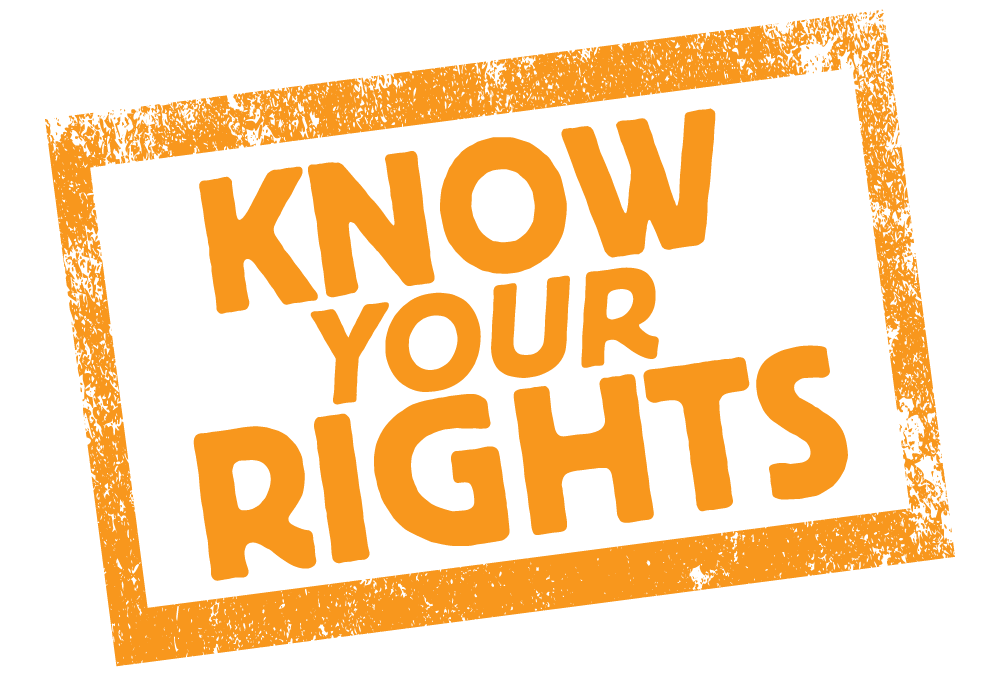Legal Protection from Domestic Abuse and Coercive Control
What is Domestic Abuse?
Domestic abuse is an incident or pattern of incidents of controlling, coercive, threatening, degrading or violent behaviour, by a partner, ex-partner, a family member or carer.
Domestic abuse can include, but is not limited to, the following:
- Coercive control
- Psychological and/or emotional abuse
- Physical or sexual abuse
- Financial or economic abuse
- Harassment and stalking
- Online or digital abuse
Domestic abuse is a crime

Court Orders Explained
Under the domestic violence legislation, you can apply to court for orders, these orders are made to protect the welfare or safety of the person making the order (also referred to as the applicant) and if applicable their dependent children. Court orders are made by a judge and come with specific instructions or directions. Some orders direct a person accused of abusive behaviour (also referred to as the respondent) to stop committing further acts or threats of violent behaviour. Others direct that person to leave – and stay away from – you and your dependent children (if applicable) and the home. You will need to explain to the judge in court why you are asking for a specific order.
Most applications for domestic violence orders are made in the District Court. However, some are made in the Circuit Court or High Court. These are often as part of other cases such as divorces or judicial separations.
This video aims to outline the court orders you can apply for under Domestic Violence Act 2018 and outline the court process.
What type of protection is available under domestic violence legislation?
Protection Order
A protection order is a temporary safety order which can be granted by a court when a person applies for a safety order and/barring order. A protection order prohibits a person from using or threatening violence towards the person who has been granted the order and/or any dependent children and only lasts until the full court hearing of the application for a safety order and/or barring order. It is not necessary to be living with the person or have lived with them in the past to apply for a protection order
Interim Barring Order
An interim barring order is a temporary barring order. It is only made in exceptional circumstances as it is granted without notice to the person against whom it is made. Where the court is of the opinion that there are reasonable grounds for believing that there is an immediate risk of significant harm to the person seeking protection or any dependent person it may grant an interim order. An interim order made without notice to the person against whom it is made can last for no more than eight days. Further orders may be made until the full hearing of the case.
Emergency Barring Order
An emergency barring order is available in certain circumstances to people living together and parents of adult children who would not be ordinarily able to apply for a barring/interim barring order because they have lesser ownership rights in the place of residence than the person against whom the order is being sought. It can be granted without notice to the person against whom it is made and can last for no longer than eight days.
Safety Order
A safety order prohibits a person from using or threatening violence towards the person who has been granted the order and/or any dependent children. A safety order does not require a person to leave the home they share with the person who has been granted the order. You also don’t need to be living with the person(s) you are seeking protection from. A safety order lasts for up to five years.
Barring Order
A barring order directs the person whom protection was being sought against to leave – or stay away from – your home and any dependent children. In some cases, it can direct them to stop using – or threatening to use – violence against you or putting you in fear. It may also direct them to stop following you, or communicating verbally or electronically with you or dependent children. It last up to three years.
Who can apply for a court order?

Violent acts or threats can be made by
someone who is related to you by blood or
adoption, such as parents, adult sons and
daughters, and grandparents. They can also
be made by people the court considers an
intimate partner. These include current and
former spouses, civil partners, cohabiting
partners, your child’s other parent, and
unmarried intimate partners.
How long can a court order last for?

The District Court can make;
A Safety Order for any period up to a maximum of five years; and
A Barring order for any period of up to three years
These orders can also be renewed.
The Circuit and High Court can make orders for unlimited periods.
What happens if a person does not obey a court order?
A breach of any order made under the domestic violence legislation is a criminal offence. The Gardaí can arrest and charge a person who breaches such an order.
For Gardai assistance call 999 or 112.
Do I need to pay a contribution towards legal aid in domestic violence cases?
No. As long as you meet the disposable income and capital thresholds for legal aid, and the only application you are making to the court is for domestic violence remedy, you do not need to pay a contribution towards your legal aid.
For more information on how to apply for legal aid click here
Where can I get more information?
At Aoibhneas, we have a court preparation and accompaniment service whereby we can offer you support in the following areas:
Information on legal orders, court process, court application process.
- Court accompaniment
- Court preparation
- Assistance in legal aid application and gathering necessary and applicable documents.
- Linkage/Advocacy with Gardaí, Solicitors, Barristers, Social Workers and Legal Personnel.
- Support after court.
We are here to support you, that means listening to you and responding to your requests be it help, information or support.
This video aims to provide an overview of our Court Preparation and Accompaniment Service
This video aims to outline how children and young people experience domestic abuse and the legal/court system with practical advise and support on how you can talk and prepare your child for your/ their access and engagement in court.
For more information check out our guide on legal protection.
